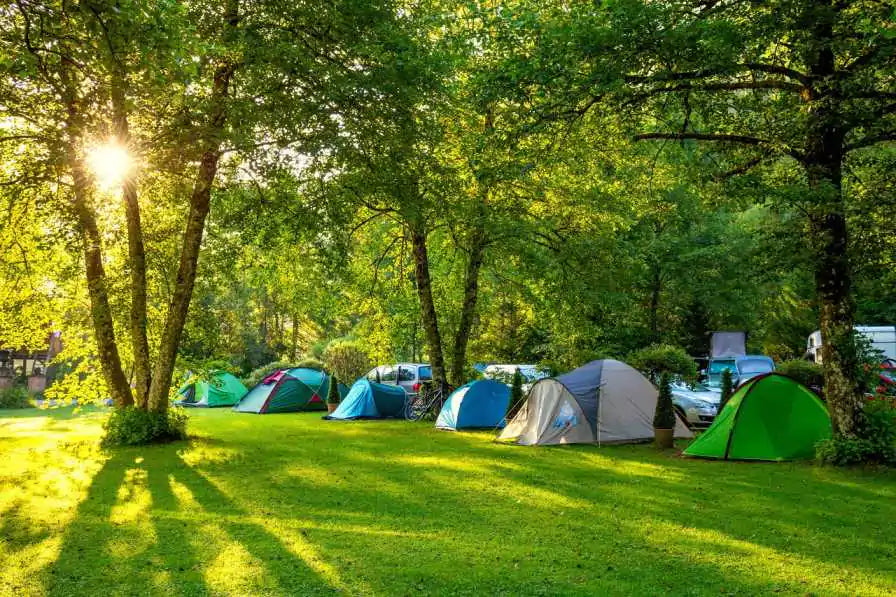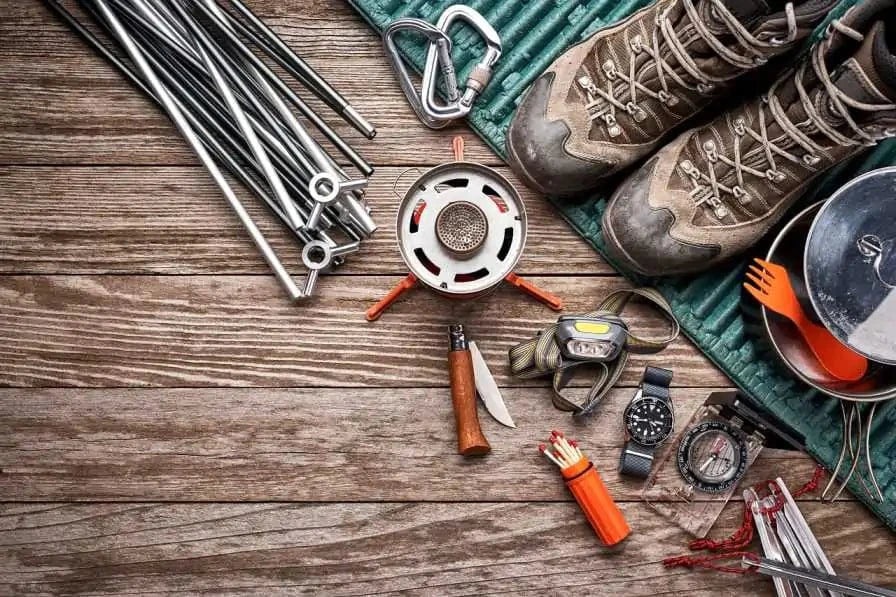Your basket is currently empty.
Shop NowEco Friendly Camping

Eco-friendly Camping
Almost every activity we do in our daily lives leaves a carbon footprint. From heating our homes, to using electricity, and driving; we are putting a burden on the planet by default.
This can also be true of the things we do in our downtime, such as going on holiday. If beach holidays aren’t for you and you prefer to get back to nature, a camping trip might be your getaway of choice. There are so many beautiful places in the UK and abroad to go camping, and it can be an enjoyable experience. But it’s important to remember to protect your natural surroundings so that plenty of others can enjoy them after you.
Here’s a guide to eco-friendly camping.
Eco-friendly camping tips
Use a campsite
Don’t make a new one. Always pitch your tent on a hard-wearing surface, and avoid areas where you can damage vegetation or wildlife habitats.

Whatever you take in should leave with you
Wherever you choose to pitch your tent, you should leave the area looking exactly the same as when you arrived. This means disposing of any rubbish correctly, or taking it with you. This goes for your camping equipment too.
Use a camping stove rather than a campfire
Using a stove will minimise the impact on the land. If you really want to build a fire, never cut down trees. Instead use dead branches you find on the ground; you will find that these burn better.
Always observe any rules that your campsite might have about building a fire. Use fire rings that you can get at most campsites, build a mound fire or use a fire pan.
Before you start your fire, clear a 10-foot diameter around the space where you want to build the fire. Remove all grass, and leaves, and make sure that there is nothing flammable above the fire.
If you can, let the wood in the fire burn until it’s ash. Pour water on it, and stir the ashes until they are wet and cold to the touch. If you don’t have any water, mixing dirt with the ashes will do the same job.
Never use detergents, soap or toothpaste in any water source
These products can harm fish and other wildlife. Wash and brush your teeth at least 200 feet away from lakes and streams, unless your campsite has shower facilities of course!
Use resealable food bags
Use food bags for your snacks and this will reduce the amount of packaging and waste that you will generate and have to carry with you.
Wear soft-soled shoes around the campsite
Many people wear sturdy hiking boots for camping. These shoes can do damage to flora and fauna. By all means, wear appropriate shoes if you’re hiking, but if you are spending time around the campsite, wear softer soles.
Don’t rely on disposables
Many people use paper plates and cups, or plastic cutlery, when they go camping. They create so much waste, and they are just plain bad news for the environment. Instead, take items from home with you and cut down on unnecessary waste.
Borrow items you don’t have
Borrow or rent camping gear you don’t have. It saves you buying things you don’t really need, especially if you rarely go camping.
If you are buying camping gear, there are plenty of green and eco-friendly options available. Look online for sustainable options.

